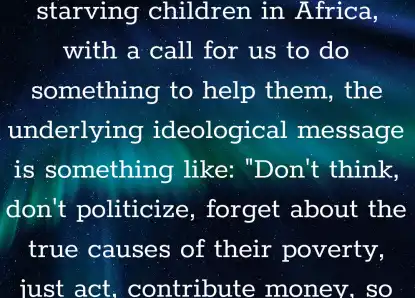![The ICC [Interstate Commerce Commission].... : Quote by Milton Friedman](/images/quotes/9f2/9f2b9b795f8a259bb2989c570e261c133c2f62e5-1080.webp)
Report, if you have a problem with this page“ The ICC [Interstate Commerce Commission] illustrates what might be called the natural history of government intervention. A real or fancied evil leads to demands to do something about it. A political coalition forms consisting of sincere, high-minded reformers and equally sincere interested parties. The incompatible objectives of the members of the coalition (e.g., low prices to consumers and high prices to producers) are glossed over by fine rhetoric about “the public interest,” “fair competition,” and the like. The coalition succeeds in getting Congress (or a state legislature) to pass a law. The preamble to the law pays lip service to the rhetoric and the body of the law grants power to government officials to “do something.” The high-minded reformers experience a glow of triumph and turn their attention to new causes. The interested parties go to work to make sure that the power is used for their benefit. They generally succeed. Success breeds its problems, which are met by broadening the scope of intervention. Bureaucracy takes its toll so that even the initial special interests no longer benefit. In the end the effects are precisely the opposite of the objectives of the reformers and generally do not even achieve the objectives of the special interests. Yet the activity is so firmly established and so many vested interests are connected with it that repeal of the initial legislation is nearly inconceivable. Instead, new government legislation is called for to cope with the problems produced by the earlier legislation and a new cycle begins. ”

Milton Friedman
From : Free to Choose: A Personal Statement



